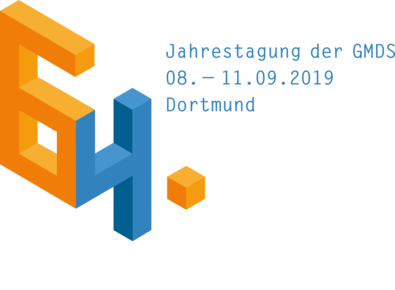Keynote Speaker
Montag, 9. September 2019

Michael Hallek
Direktor Klinik I für Innere Medizin, Uniklinik Köln
Direktor des Centrums für Integrierte Onkologie (CIO), Aachen Bonn Köln Düsseldorf
Mehr Informationen
Medical Data Science ermöglicht bessere Therapie - Perspektiven der Onkologie
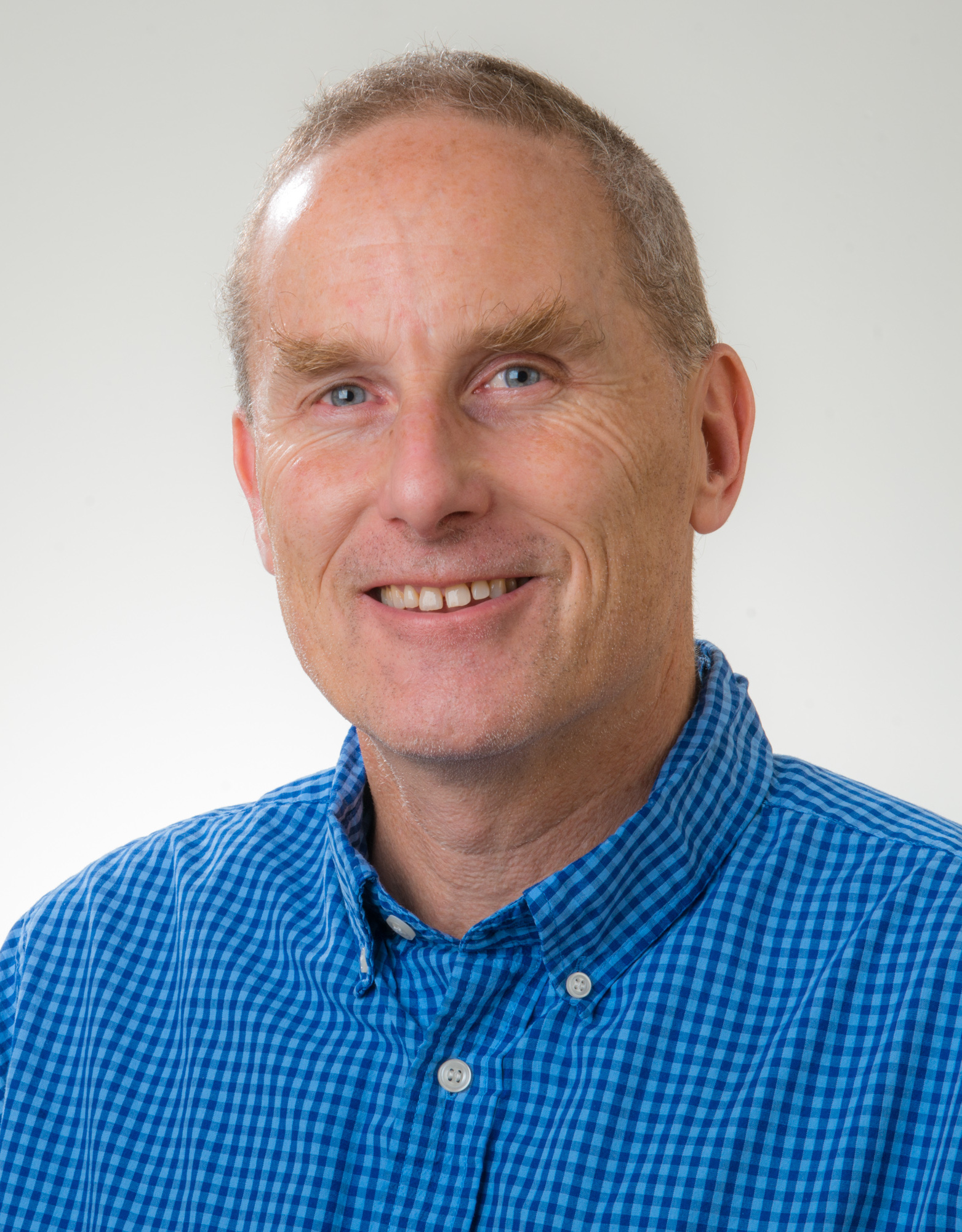
Christopher H. Schmid
Professor and Chair of Biostatistics, Brown University School of Public Health
Mehr Informationen
Design and Analytic Tools for Personalizing Healthcare Experiments
Single-case experimental designs can be used to create personalized protocols to make personalized treatment decisions. The N-of-1 trial uses a multi-crossover randomized design to measure individual treatment efficacy. Combining trials in a multilevel structure enables assessment of average treatment effects in populations and treatment effect heterogeneity in subgroups. I discuss some completed and ongoing N-of-1 studies using mobile device applications with server-driven statistical analytics to return results to individuals. Issues that arise include defining treatments and sequences of treatments, synthesizing treatment networks, incorporating patient-specific prior information, automating the choice of appropriate statistical models and assessment of model assumptions, and automating graphical displays and text to facilitate appropriate interpretation by non-technical users. Development of smart tools that solve these problems could help to transform health care research by expanding the settings in which it is carried out and making findings directly applicable to and interpretable by individual trial participants.
Dienstag, 10. SEPTEMBER 2019

Casey Greene
Associate Professor, Perelman School of Medicine, University of Pennsylvania
Director, Childhood Cancer Data Lab, Alex's Lemonade Stand Foundation
Mehr Informationen
Data reuse enables ML-based analysis of rare disease
We sometimes speak of "big data" in biology. In most cases, these data are wide, and have many more features than examples. This is particularly pronounced in the case of rare diseases, where we may have tens of thousands of genes measured but only for tens of samples. I'll discuss how we can use compendia of data with many training examples as a training dataset and then transfer the results of those analyses to rare disease datasets where the number of samples is particularly limited. I'll also discuss how this feature of data, even outside of rare diseases, affects deep learning methods in this domain and provide some suggestions of strategies that can help tackle these problems.
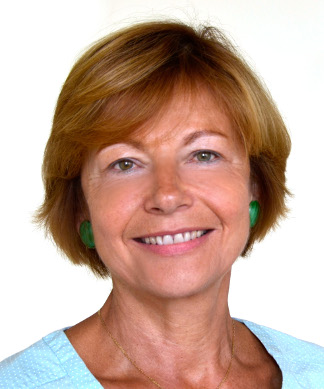
Bärbel-Maria Kurth
Direktorin der Abteilung für Epidemiologie und Gesundheitsmonitoring Robert Koch-Institut
Mehr Informationen
Public Health in Deutschland: Chaos, Wüste oder blühende Landschaft?
Die Bewertung von Public Health in Deutschland hängt sehr vom Blickwinkel auf und vom Grundverständnis von Public Health ab. Dies mag in einer Gesamtschau durchaus chaotisch anmuten. Public Health im Sinne der „Öffentlichen Sorge um die Gesundheit aller“ hingegen umfasst sehr viele unterschiedliche Aufgabenbereiche, die durch die WHO in ihren 10 EPHOs (Essential Public Health Operations) beschrieben sind. An diesen Aufgaben arbeiten in Deutschland sehr heterogene Akteursgruppen, die sich auch aus historischen Gründen eher voneinander distanzierten als sich gegenseitig zu stärken. So kann der Eindruck einer „Public-Health-Wüste“ entstanden sein, wie er in einem bekannten Wissenschaftsgutachten attestiert wurde. Maßnahmen von Public Health haben aber bereits in der Vergangenheit wesentlich dazu beigetragen, Krankheit zu vermeiden, Leben zu verlängern und Gesundheit zu fördern. Eine Bündelung der Kräfte könnte diesen Prozess jedoch weitaus effizienter machen.
Aus diesem Grunde veröffentlichten 2016 Akteure verschiedener Public-Health-Bereiche ein White Paper, das Betätigungsfelder, Forderungen und Ziele von Public Health für Deutschland zusammenfasst. Auf der Grundlage dieses Papiers gründete sich die Initiative Zukunftsforum Public Health (www.zukunftsforum-Public-Health.de), dessen Steuerungsgruppe Aktivitäten und Positionierungen koordiniert. Mittlerweile gab es drei Symposien des Zukunftsforums, die eine Plattform zum Austausch, zur Vernetzung und Kooperation für Public-Health-Akteure und -Studierende boten. Das 3. Symposium, das im Januar 2019 stattfand, hat sich zum Ziel gesetzt, gemeinsam mit möglichst vielen Akteuren eine Public-Health-Strategie für Deutschland zu entwickeln, dadurch Public Health in Deutschland zu stärken und auch international sichtbar zu machen und somit einen Beitrag zur Gestaltung einer „blühenden Public-Health-Landschaft“ zu leisten. Welchen Beitrag die Mitglieder der GMDS dazu leisten könnten, soll auch Gegenstand dieses Vortrags sein.
Mittwoch, 11. SEPTEMBER 2019
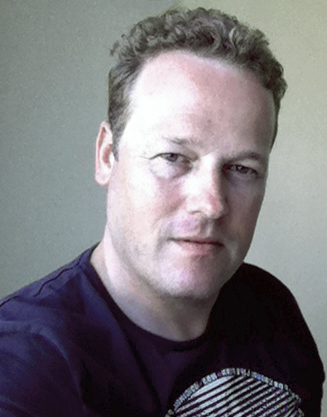
Peter R. Rijnbeek
Associate Professor Health Data Science, Department of Medical Informatics of the Erasmus MC
Mehr Informationen
Enabling Large-Scale Analysis of Electronic Health Records in Europe
Massive amounts of electronic health records are currently being collected globally, including structured data in the form of diagnoses, medications, laboratory test results, and unstructured data contained in clinical narratives. This opens unprecedented possibilities for research and ultimately patient care. The Observational Health Data Sciences and Informatics (OHDSI, see www.ohdsi.org) is an international collaborative that holds the promise of making this EHR-based big data analysis a reality. The OHDSI network contains longitudinal data on over 1.2 billion patients. The data is stored in a common data model (CDM) that aims to achieve both syntactic and semantic interoperability. The IMI-2 project European Health Data and Evidence Network (EHDEN, see www.ehden.eu) builds on the success of OHDSI and aims to realize a large federated data network in Europe standardized to the OMOP-CDM. In this talk, the OHDSI and EHDEN projects are presented and results of large-scale studies are shared that utilize the powerful analytical pipelines.
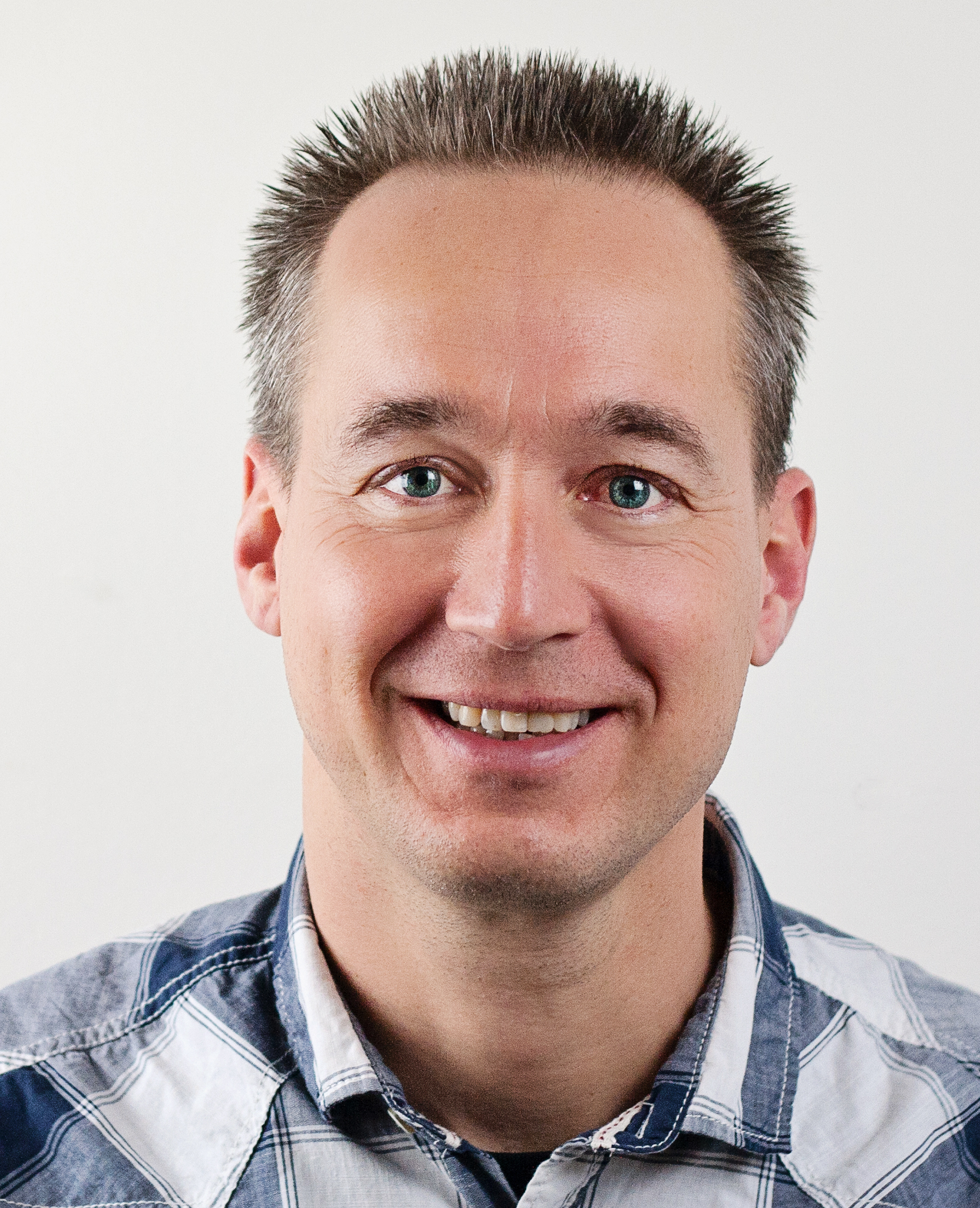
Ronald Cornet
Associate Professor Medical Informatics, Amsterdam Public Health Research Institute, Amsterdam UMC
Mehr Informationen
From Care Data to FAIR Data
Collecting and reusing data is challenging in research. In healthcare, this is even more so the case. While physician burnout due to high registration burden gets more common, this burden has not led to high-quality data. However, realizing a Learning Healthcare System requires research and analytics on good-quality clinical data. To reduce the efforts of performing this research, this data should be FAIR, i.e., Findable, Accessible, Interoperable, and Reusable. This keynote will address European efforts towards FAIR data, as well as the required components of Interoperable clinical data.

